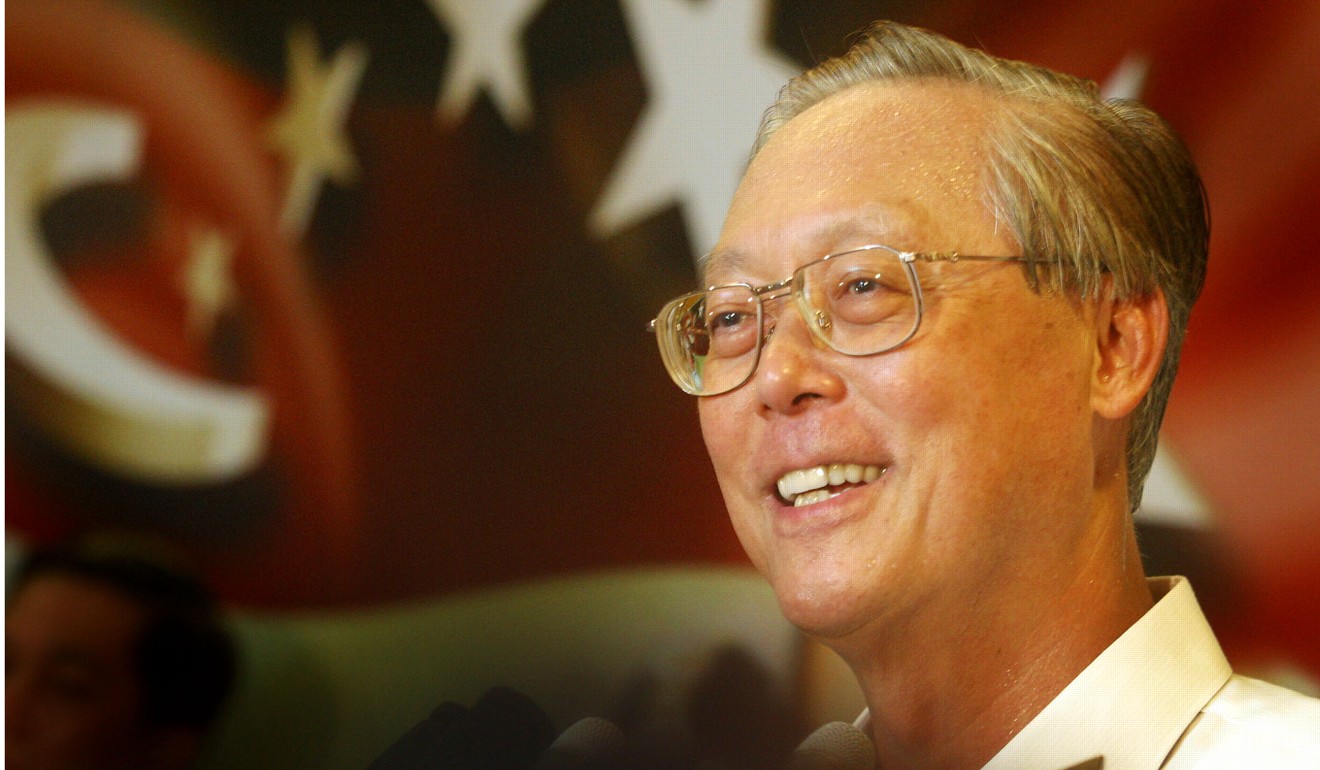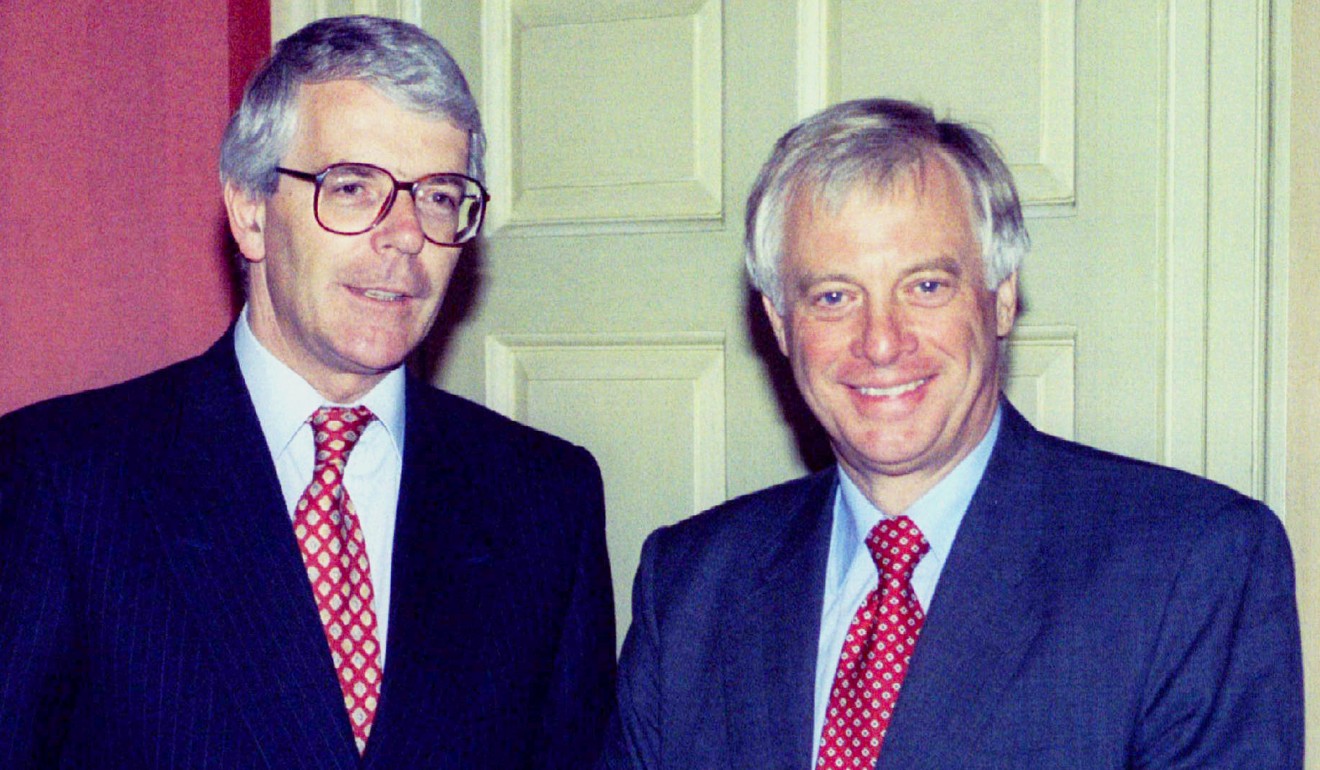
Singapore had its own agenda when criticising Britain’s handling of Hong Kong’s early 1990s electoral reform, declassified cables show
- Former leader Lee Kuan Yew called reforms ‘ill-timed and futile’ and accused Britain of conspiring with the US to democratise China
- ‘Hong Kong deserves democracy,’ Lee said in 1992, but added ‘We do not often get what we deserve’.
Britain suspected Singapore had its “own agenda” in the early 1990s when it criticised London’s handling of a dispute with Beijing over Hong Kong’s electoral reform, declassified diplomatic files have revealed.
“At his most outspoken, [Lee] characterised the governor’s constitutional reform [in 1992] as ill-timed, futile and in breach of the spirit of our agreements and understandings with China,” Smith wrote.
“He also accused us of conspiring with the US to introduce democracy to China.”
Hong Kong deserves democracy, but alas, in the world as it is, we do not often get what we deserve
In December 1992, Lee told an audience at the University of Hong Kong: “Hong Kong deserves democracy, but alas, in the world as it is, we do not often get what we deserve.”
Lee’s remarks were made in the presence of Patten, who was facing fierce criticism from Beijing over his political reform plans.
Beijing believed Patten’s plan breached the Basic Law, the city’s mini-constitution, as well as the Sino-British Joint Declaration.

“Singapore’s public criticism has toned down since the public exchanges of 1992. But our reporting shows that the views of the Singapore government remains that the UK and the Governor had mishandled relations with China,” Smith wrote.
“Singapore have their own agenda, given their ambition to play a greater part in the development of China’s economy.”
Smith noted that Singapore was involved in a major investment project to build a “Singapore-style industrial township” in Suzhou, a city near Shanghai.

Since the 1990s, Singapore and China have invested in three government-to-government projects on the mainland, including the biomedical complex in Suzhou.
In a telegram sent to London on April 11, 1994, the British High Commissioner to Singapore at the time, Gordon Duggan, described Goh as a “modest, conciliatory, caring and thoughtful individual, a technocrat”, in contrast to Lee, who he described as his “visionary, [one or two adjectives redacted] predecessor”.
It was Goh’s first visit to Britain since becoming Singapore’s prime minister in November 1990.
British government departments are allowed to blank out individual words, sentences or paragraphs before declassified records are released.
Members of the public are allowed to appeal the redactions in public records to Britain’s Information Commissioner’s Office, an independent authority set up to uphold information rights in the public interests.

